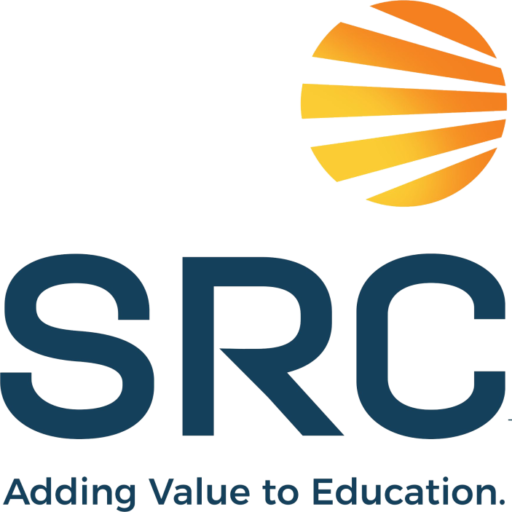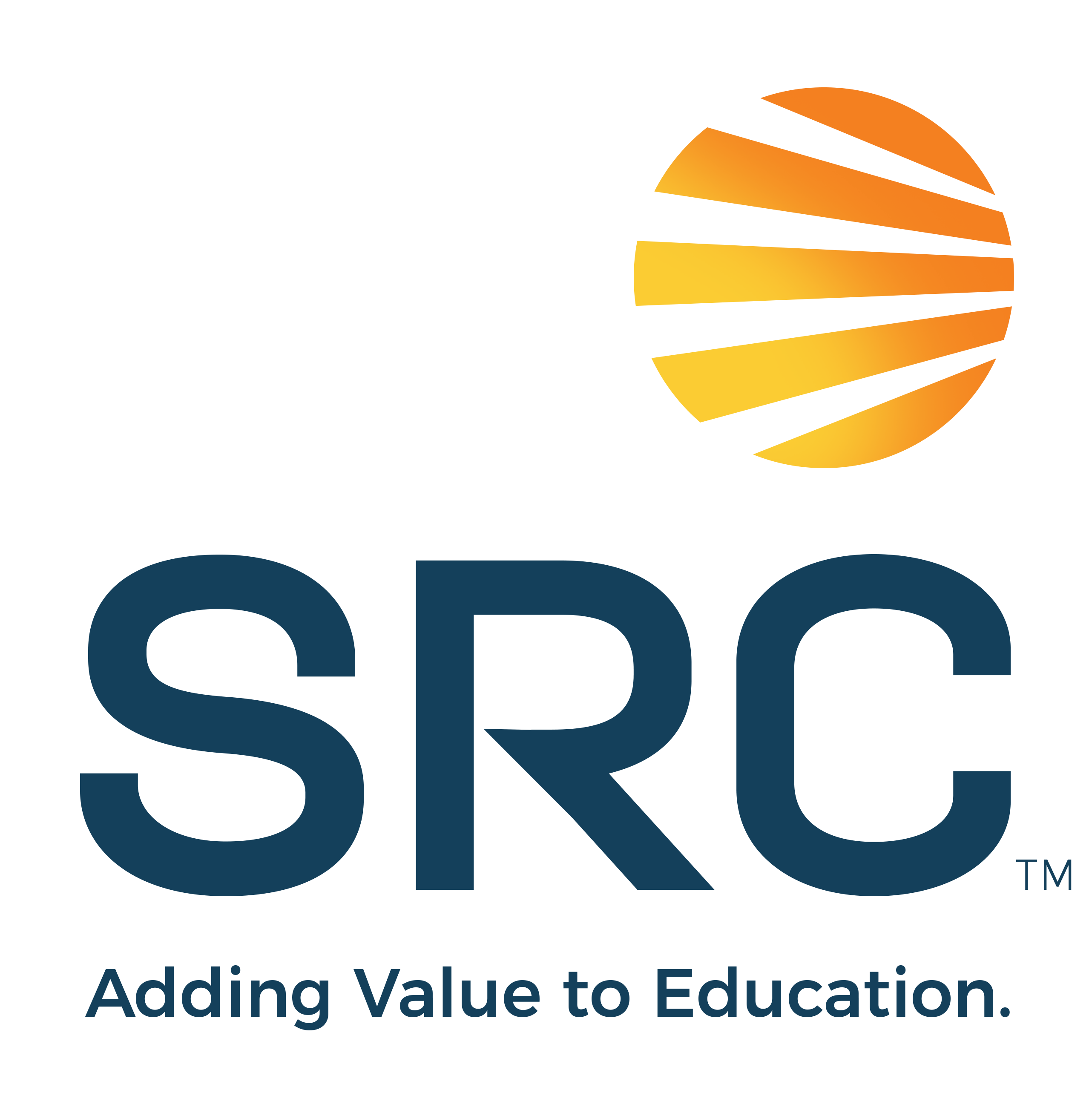
ADULT LEARNING VS CHILD LEARNING
Can you think back to how you used to learn when you were younger and your preferred approach to learning now? It takes an extra consciousness to ensure that effective learning experiences are taken into cognizance when it comes to adult learners in contrast to providing opportunities for children to learn through experiences.
Learning is a lifelong process that helps individuals develop new skills, expand their knowledge, and adapt to the ever-changing world. But have you ever wondered how the learning process differs between adults and children? We will explore the distinctions between adult learning and child learning, shedding light on the unique characteristics, motivations, and approaches that influence how adults and children acquire knowledge.
- Learning Readiness and Motivation: Children often have a natural curiosity and a thirst for knowledge. They tend to be more receptive to new ideas and experiences, driven by their innate desire to explore and understand the world around them. On the other hand, adult learners possess different motivational factors. Adults typically have specific goals, a greater sense of purpose, and a real-life context for their learning. They are often driven by personal or professional advancement, career goals, or a need to solve real-world challenges.
- Prior Knowledge and Experience: Children start their learning journeys with limited prior knowledge and experience. They gradually build their foundation by absorbing information from their surroundings and making connections between concepts. Conversely, adult learners bring a wealth of prior knowledge and experiences to the table. This existing knowledge base can be both an advantage and a potential hurdle. Adults often need to reconcile their prior beliefs and experiences with new information, making the learning process more complex.
- Cognitive Abilities and Learning Styles: The cognitive abilities of adults and children differ significantly. Children are generally more receptive to memorization, repetition, and direct instruction, as their brains are in the process of developing cognitive skills. On the other hand, adult learners tend to leverage their existing cognitive abilities, including critical thinking, problem-solving, and analysis. Adults often prefer contextualized learning experiences that address real-life situations and challenges. They thrive in interactive and collaborative learning environments that facilitate discussions, case studies, and practical applications.
- Self-Directed Learning: As learners grow older, they gradually gain more autonomy and responsibility for their own learning. Adult learning is often characterized by self-directed or autonomous learning, where individuals take ownership of their educational journeys. Adults tend to have a deeper awareness of their own learning needs, preferences, and learning styles. They actively seek out learning opportunities, whether through formal education, online courses, workshops, or independent study. In contrast, children rely heavily on guidance and support from parents, caregivers, and teachers to structure their learning experiences.
- Time and Context: Time and context play significant roles in adult and child learning. Children usually have more time resources, allowing for longer periods of engagement and exploration. Their education is often structured within the framework of schools and formal education systems. Adult learners, on the other hand, have to balance learning with other responsibilities such as work, family, and personal commitments. They often prefer flexible learning options that accommodate their busy schedules.
In summary, while both adult learning and child learning are valuable and essential for personal growth, they exhibit distinct characteristics and requirements. Recognizing these differences can help educators, parents, and adult learners themselves tailor educational experiences to enhance the learning process. By understanding the unique motivations, prior knowledge, learning styles, and responsibilities of adults and children, we can foster environments that maximize the potential for effective and engaging learning experiences for all.
Need help designing exceptional learning experiences? Send an email – info@srceductes.com. Let’s make it happen!

